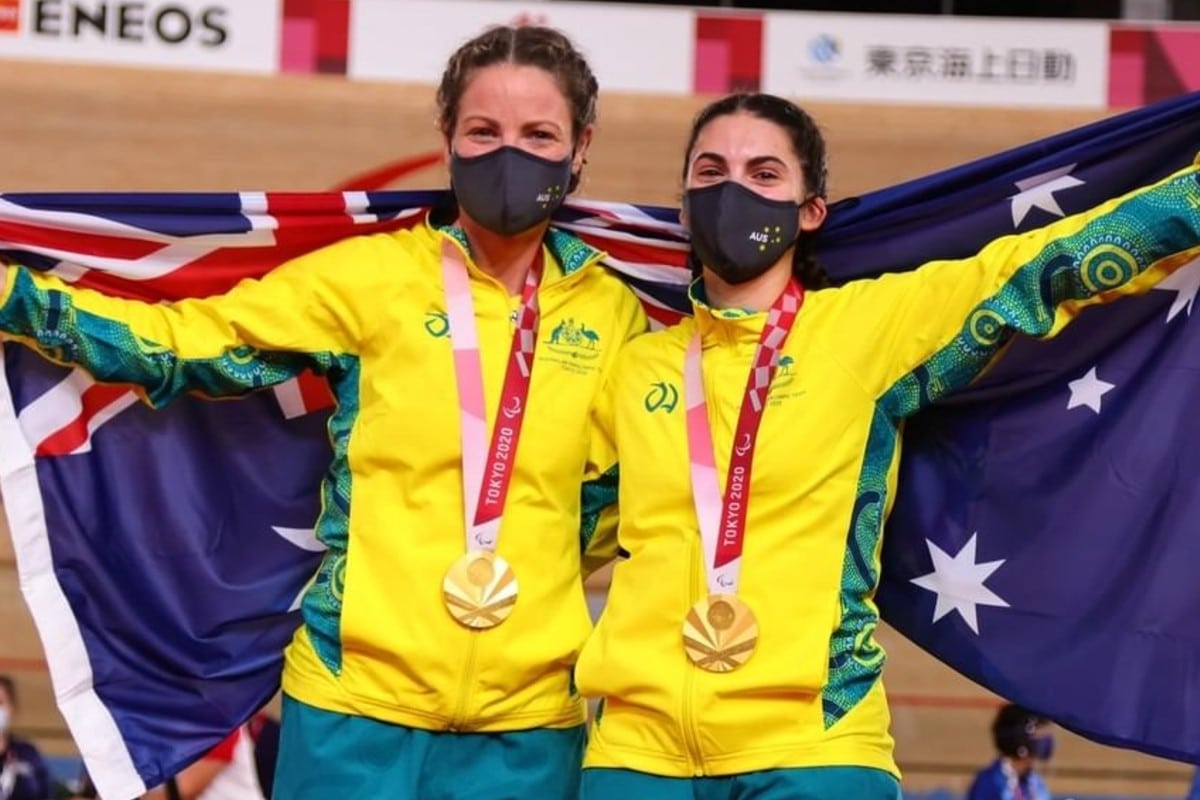
Earlier this month, Australians tuned in from the comfort of their lounge rooms to watch and cheer on our Olympians as they battled it out for a chance to win gold, silver or bronze at the 2020 Tokyo Olympics. An event like no other in Olympic history, we proudly celebrated their successes and shared the feeling of their challenges and losses. Camaraderie, of course, is the most Australian spirit of all. Now, our attention has shifted to our Paralympians, who despite sharing the same successes, don't receive the same gold medal reward as their Olympic counterparts.
It's an almost unbelievable revelation, especially in a year where the theme for the Tokyo 2020 Games is ‘unity in diversity'. According to a report by SBS News, Paralympics Australia does not have the funds to award its Paralympic gold medalists the $20,000 cash bonus the Australian Olympic Committee does Olympians. In fact, the committee isn't able to award Paralympians any bonus at all – and unfortunately, it never has.
Speaking to the news site, sprinter and accomplished medal-winner Scott Reardon spoke on the undeniable gap between able-bodied athletes and para-athletes, sharing; "In a perfect world, we would have equality across the board - in men's sport, women's sport, para-sport. But the reality is we are treated differently, and we lag behind."
Australia, unsurprisingly, is not the only major nation to underpay its Paralympians. Canada also joins Australia in not awarding cash prizes to award-winning athletes; despite having different standards for its Olympians. On the other hand, host country Japan offers its gold-winning Paralympians around $38,000 – which is roughly $25,000 less than their Olympic counterparts.
This disparity speaks volumes in a country where the disability community is already suffering significant disadvantages across a range of spaces and platforms. For a developed country with access to bountiful resources, Australia ranked 26 out of 27 OECD countries for the percentage of people with disability living in poverty; and 21st out of 29 OECD countries for employment participation of people with disability. Paralympians not being given the same gold medal reward for their efforts is just further proof of how Australia continuously treats people with disabilities as less than – especially when it comes to funding for para-sport.
Just like any other athlete hoping to move their career into the competitive space, funding and support is vital. In order to take their sport to the next level, many Olympians are offered the financial resources to take their training full-time. For the majority of Paralympians who are without sponsors or a consistent form of income through sport, this is not the reality – with many forced to both work and train full-time coincidentally.
"There's a lot of para-athletes who simply don't make much money. They have to work full-time and be a full-time athlete at the same time. It's not conducive at all to being the best in the world," continued Reardon.
This isn't to say that Paralympians are without any kind of funding at all. The Australian Institute of Sports (AIS) offers means-tested grants of up to $17,500 for athletes training to compete at a high level; which includes both Olympians and Paralympians. The Federal Budget for 2021-22 has also allocated an additional $50.6 million of “high performance grants” into the mix for both teams. However, with some Olympic sports, notably swimming and rowing, receiving and benefiting from financial support from the likes of Gina Rinehart, the reality is that the Olympic games and its athletes will always be one step ahead.
What can you do to help support our Paralympians?
Wondering what you can do to help our Paralympians get the recognition they deserve? The simplest way to push for change is to tune in to the games while they're happening. It's a known fact that the higher the ratings, the more opportunity there is for sponsorship. So, take advantage of your potential lockdown situation and be sure to support and watch the Aussies go for gold. Otherwise, you can find out more on how to support Paralympics Australia through its website.
Image: Instagram



